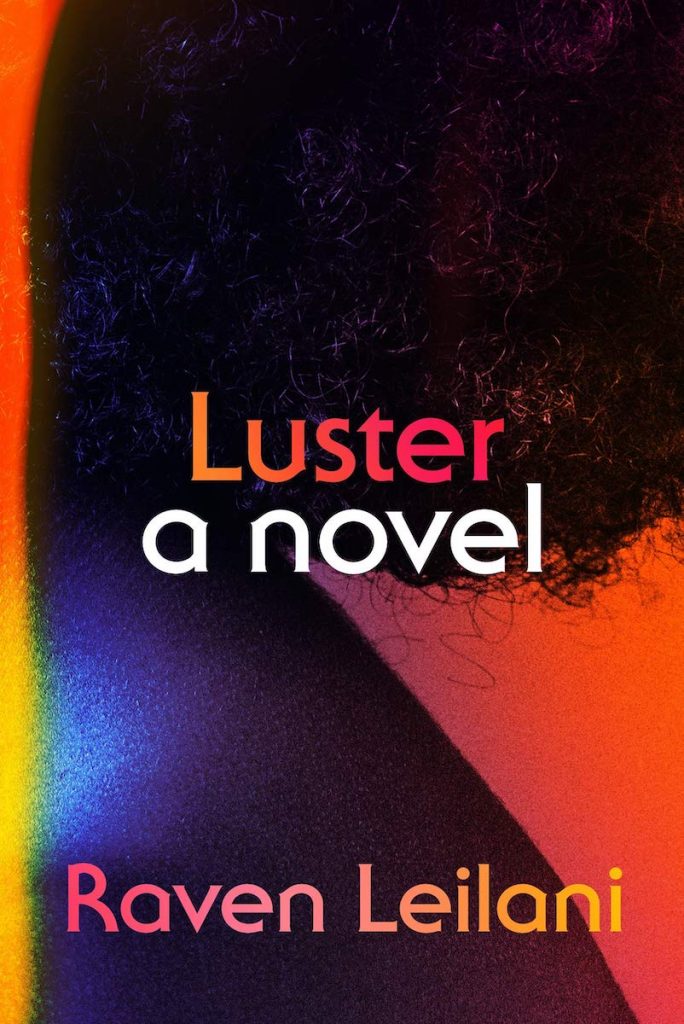

In other words, any semblance of realism in the scene is sacrificed out of hand for … for what, exactly? At least I assume that’s what the list includes - Leilani tells us about it but doesn’t tell us what it actually contains, nor does Eric volunteer its contents, nor does Edie ask about its contents in the moment.

And the extent to which you like this novel, maybe the extent to which you fall for the hype, will largely depend on your willingness to agree when the author tells you that two plus two is five.Īs that opening sentence indicates, Edie falls into a sexual affair with Eric, who tells her he’s in an ‘open marriage’ with his wife, who has nevertheless written down some rules for their mutual infidelities. No, the point is subtler and maybe more novelistic: readers of Luster are signalled right from the first line that Leilani will not only describe the reality of her novel but also define it.

The point isn’t that Leilani is trafficking in some kind of hep new-speak involving phone sex you can new-speak until the cows come home, but you can’t have sex with somebody who’s not there with you. The novel’s first line is: “The first time we have sex, we are both fully clothed, at our desks during working hours, bathed in blue computer light.” The ‘we’ here are our two main characters, Edie, a poor twenty-something working stiff at a New York publishing house and Eric, a forty-something married man, and in this opening scene, they’re not even in the same part of town, much less in the same room - so they aren’t having sex. There’s something telling about the fact that Raven Leilani’s much-hyped debut novel Luster opens with a transparent misstatement of fact - a lie, in other words - about sex.


 0 kommentar(er)
0 kommentar(er)
